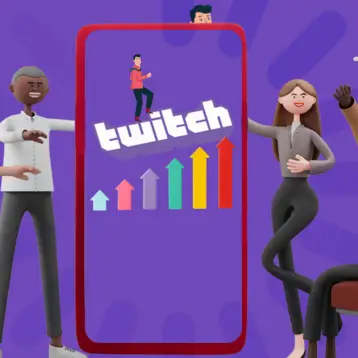Yesterday, Google launched its very latest version of the Chrome browser which apart from the usual bug fixes and security patches added important hardware graphics acceleration for both Mac and Windows based system.
Chrome 18 brings several important improvements. The new Google browser is now based on the Chromium v8 core, it also fixes some issues with full-screen under Windows, adds support for Native Client under Linux, and fixes issues with startup on Linux Red Hat Enterprise 6 as well as some other minor changes such as improvements to the PDF plug-in.
The most interesting features of Chrome 18 has to do with graphics acceleration. Chrome 18 includes:
- Acceleration for 2D canvas which, according to the official chromium blog, should make web applications like games perform even better than a pure software implementation. So far this feature was only enabled in the Beta channel of Chrome.
- Support for 3D content on systems without supported hardware GPU. Google enabled SwiftShader, a software rasterizer licensed from TransGaming, for users with older systems. This won’t be as quick as a real GPU but it might still help.
A quick tip – if you want to view information on GPU acceleration on your computer in Chrome paste the following link in the browser line and press enter – chrome://gpu/.
–
The new round in the browser wars (reminiscent of the Explorer vs. Netscape battle a decade or so ago) sees Chrome, Firefox and Explorer all struggling to attract new users and gain market share over the others. By late 2011 Chrome has already surpassed Firefox and will soon pass the 30% global browser user mark. Internet Explorer still dominates the market with between 32% and 35% of global browser users however it is quite clear that for the first time ever Microsoft is going to lose the browser crown and Google will become the new global browser leader – something which is expected to happen during 2012.
–
–
You can download Chrome 18 (free, as always) from the Google website.
–
–
TFOT recently covered the launch of Firefox 11. In the past we covered many browser related stories starting from the launch of Firefox 3, which included more than 15,000 updates compared to its previous version (just "slightly" more than the current version), as well as major restructuring to provide improved performance and stability, delivering, Aurora, Mozilla’s future browser and Cool on ”Knol,” from Google which allows users to contribute their knowledge in a wiki-like format.





![Guide To Using JCP Kiosk – [ Features & Benefits ]](https://thefutureofthings.com/wp-content/uploads/2024/03/image-4-358x358.png)





